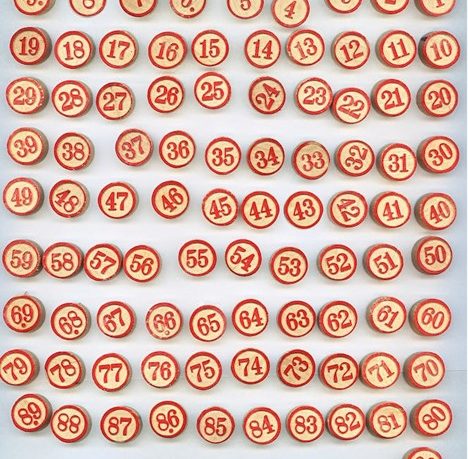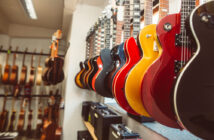Bingo is a game of chance that has been enjoyed by people of all ages for decades and has recently become a global sensation. It’s easy to learn and play and offers players the opportunity to socialise and win cash prizes.
Previously, all bingo games required a dedicated venue, a caller and a set of bingo balls – not to mention the scorecards, daubers and players to accompany them. In the modern, digital era, providers like adorable bingo games are bringing the pastime up to date – linking directly through from your Facebook account or with a choice of apps available for your smart device, it’s never been easier to get in on the bingo action.
The fundamental rules of bingo are simple: players are given one or more bingo cards, each containing a grid of numbers. A caller randomly draws and calls out numbered balls from a container.
Players then mark off the corresponding numbers on their cards and the first person to complete a line, predetermined pattern or the whole card calls out “Bingo!” to signal their win. There are many variations of the game which use alternative scorecards and differing numbers of balls in play but the principles remain the same.
Bingo in Birmingham
Bingo has become a firm favourite among Birmingham locals with many bingo halls surviving throughout the region. But it’s not always been smooth sailing for bingo in England’s second city.
Post war Britain is where bingo really laid its roots. As the country recovered from a decade of austerity, families began holidaying at coastal resorts. It was here that bingo became a hit that would later spread to other towns and cities further inland.
Bingo has a long and rich history in Birmingham, dating back to the 1960s when the first bingo halls were established. During the 1970s and 1980s, the popularity of bingo peaked and the city was home to over 100 bingo halls, attracting thousands of players each week.
At its height, bingo was a major part of the city’s entertainment and social scene and the bingo halls were frequently packed with players from all walks of life. The game provided a fun and affordable night out and many players formed lasting friendships through their shared love of bingo.
As the years passed, however, the popularity of bingo began to wane and the average age of a bingo stalwart steadily increased as the pastime struggled to attract younger players. During this period, many halls were forced to close due to declining attendance and rising costs.
A Turn in Fortune
It would seem as if bingo was facing certain obscurity, but a last-ditch effort to rebrand the game in the late 1990s paid off. Bingo was marketed to young adults as an alternative to the pub or the club and bingo received the shot in the arm it so sorely needed.
This renewed interest and enthusiasm had many new bingo players also looking for convenient options to travelling to their nearest bingo hall. Online bingo provided that opportunity and a series of providers sprung up to cater for the demand.
Online bingo is also unique in that it is one of the few online gaming arenas that attracts a predominantly female audience – a welcome change of pace to the sometimes characterless casino experience. Around 5.6 million Britons enjoy online bingo regularly and with Birmingham being the largest city after London, a significant percentage of that number are made up of Brummies.
A harmonious relationship between online and real world bingo continues to this day. The number of bingo venues across the country has settled at around 600 over the last few years and there are around a dozen that remain in Birmingham – Mecca Bingo and Buzz Bingo being two of the most well-known.
Modern Bingo
Rumblings of a new bingo development have recently been causing a stir. Modern bingo events hosted by companies like Bongo’s Bingo and Bingo Loco bring a raucous twist to your traditional bingo night, with fun game events.
Having as much in common with a rave or a theatrical spectacle (with heaps of audience participation), attending one of these nights is sure to be an unforgettable experience. Expect dance offs, DJs, a club sound-system and outrageous prizes, these are extravaganzas that would certainly raise the eyebrows of the average bingo player in the 1950s alongside many other music lover activities.
The Future of Bingo
The future of bingo looks bright as the game continues to evolve and adapt to changing times. While traditional bingo halls may continue to face challenges in attracting younger players, online bingo has grown in popularity and has become a major source of revenue for the industry.
Bingo has a long and storied past in Birmingham and remains one of the country’s beloved pastimes for many of its residents. With its long history, loyal player base and potential for innovation, bingo is poised to continue being a popular game for years to come.





